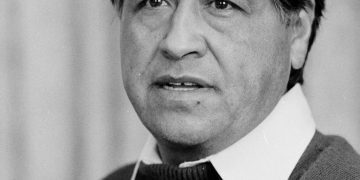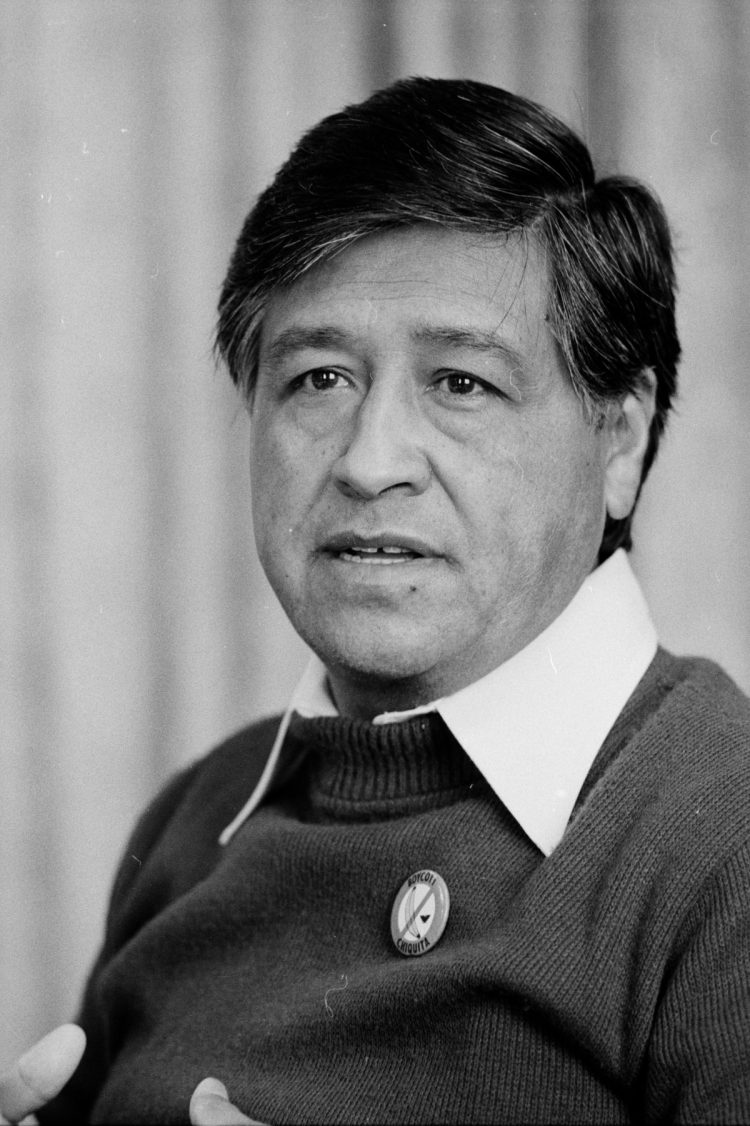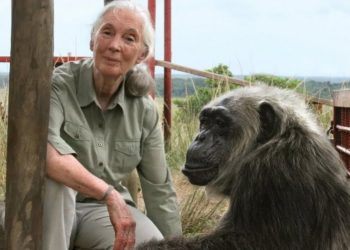Pioneering labor leader and civil rights fighter Cesar Chavez (1927–1993) devoted his life to advancing the rights and working conditions of farmworkers in the United States. His activism, which included grassroots organizing and nonviolent protests, had a significant influence on both the labor movement and the larger fight for social justice. Here’s a closer look at this significant person’s life and lasting legacy:
Early Life and Agricultural Background:
Cesar Chavez was born in Yuma, Arizona, into a Mexican-American family of migrant farmworkers. As such, his early life was intricately linked to the challenges and sufferings that migrant farmworkers encountered in the southwest region of the country. He experienced personally the hardships of agricultural labor and the financial struggles that afflicted families similar to his own while growing up in Yuma, Arizona. Cesar Chavez was no stranger to the hard strains of laboring in the fields or the uncertainty that accompanied a life spent following the seasonal crops, having grown up as the son of Mexican-American migrant workers.
Cesar Chavez possessed a strong work ethic and a sense of duty to his family from an early age. In an effort to find work and make ends meet, he frequently went from farm to farm with his parents and siblings. Like many immigrant families, the Chavez family battled to meet their basic necessities despite deplorable working conditions and low pay. They also suffered ongoing economic insecurity.
Cesar Chavez was raised with a strong sense of camaraderie and empathy for his fellow farmworkers, despite the hardships they faced. He personally experienced the injustices and mistreatment that migrant workers endured, such as hazardous working conditions, inadequate pay, and restricted access to necessities like sanitary facilities and clean water. Later on in life, these encounters would stoke his passion for social justice and motivate him to dedicate his life to bettering the lot of farmworkers.
The peripatetic way of life of migrant farmworkers also had a significant influence on Cesar Chavez’s identity and worldview. Trained in Mexican-American customs and culture, but always on the go, Cesar Chavez struggled to find his place in the world and define his cultural identity while navigating the intricate social and political landscape of the US. His perspective on the relationship between labor, race, and social justice as well as his future advocacy strategy would be shaped by these experiences.
It might be said that the migrant farmworkers’ challenges and tribulations in the southwestern United States shaped Cesar Chavez’s early life. Being the son of Mexican-American migrant workers, he had firsthand knowledge of the injustices and inequalities that afflicted the agricultural sector, which helped to prepare him for his future as a leader in the social justice movement and a champion of farmworker rights.
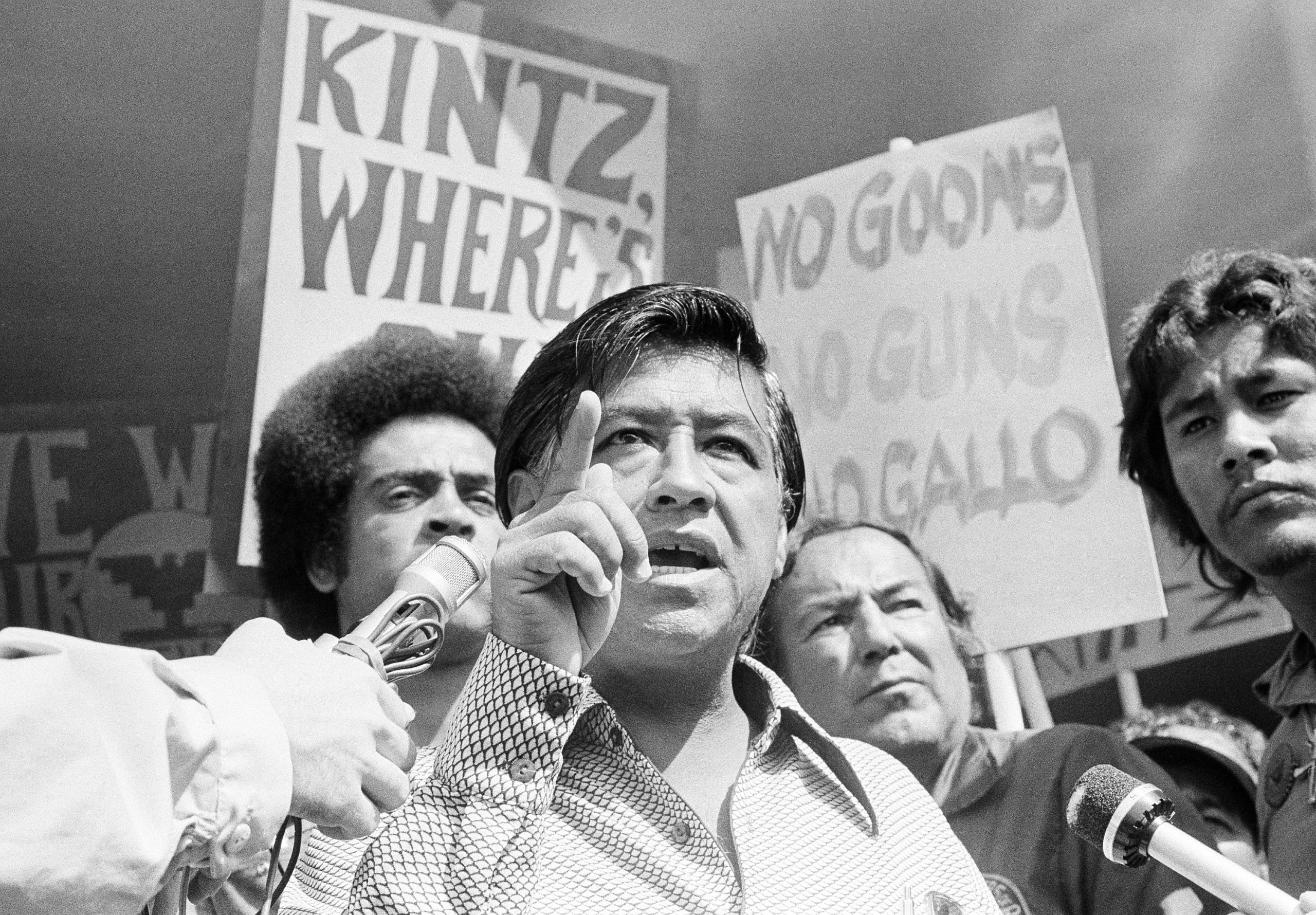
Formation of the United Farm Workers (UFW):
Along with Dolores Huerta, Cesar Chavez co-founded the National Farm Workers Association (NFWA), which subsequently changed its name to the United Farm Workers (UFW), in the early 1960s. In order to combat the abusive working circumstances that farmworkers endure, the UFW fought for increased pay, compassionate treatment, and the freedom to organize.
Nonviolent Activism and Boycotts:
Cesar Chavez advocated for nonviolent resistance, which was influenced by Martin Luther King Jr. and Mahatma Gandhi. By planning strikes and spearheading boycotts of businesses that rejected UFW negotiations, he successfully galvanized public support for the predicament of farmworkers. The grape boycott was the most significant achievement because it forced grape growers to acknowledge farmworkers’ rights and resulted in better working conditions.

Fast for Justice:
In order to highlight the risks associated with pesticide use in agriculture and the significance of nonviolent protest in the fight for workers’ rights, Cesar Chavez initiated a 25-day fast in 1968. This selfless deed showed Chavez’s dedication to his beliefs and raised awareness of the UFW’s cause across the country.
Legacy and Impact:
Farmworkers had great success as a result of Cesar Chavez’s unwavering efforts, including the adoption of the California Agricultural Labor Relations Act in 1975, which gave them the ability to engage in collective bargaining. Beyond his legislative accomplishments, Chavez left a lasting impact as an inspiration to activists worldwide fighting for social justice and workers’ rights as well as a symbol of hope for underprivileged people.
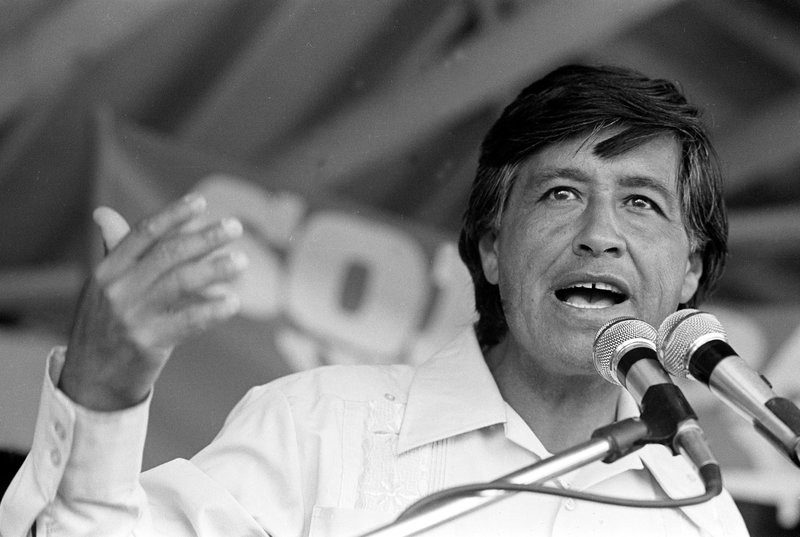
Eternal Inspiration:
The well-known catchphrase of Cesar Chavez, “¡Sí, se puede!“ (Yes, we can!) captures the essence of group action and self-determination that characterized his life’s work. His legacy serves as a reminder that people can bring about positive change through solidarity, peaceful opposition, and a dedication to justice, regardless of their background.
